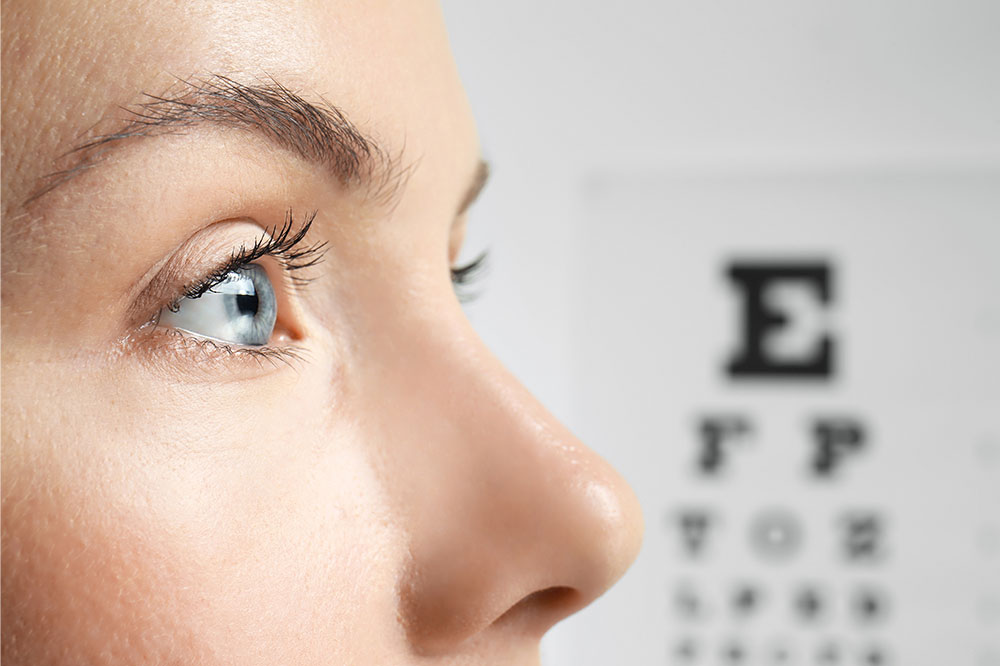
7 tips to maintain your eye health
Of the five senses bestowed, vision is considered to be one of the most precious. Healthy vision ensures that you witness all the wonders of the world; therefore, you must not take your eye health for granted. While some eye conditions are inevitable as we grow older, there are a few things that you can do to maintain your eye health. Here are seven tips to follow for lifelong optimal eye health.
- Eat vitamin-rich foods
Diet plays an important role in keeping your eyes healthy. You must ensure that your meals are rich in vitamin C and E, zinc, lutein, and omega-3 fatty acids. These nutrients help prevent age-related eye problems like macular degeneration and cataract. Some healthy food options for eye health include leafy greens, fish rich in omega-3 fatty acids, eggs, nuts, beans, and citrus fruits.
- Wear sunglasses
The right pair of sunglasses can protect your eyes from retinal damage, and reduce the chances of developing cataracts. It also protects your sensitive eyelid skin from wrinkles and skin cancer around the eye. To get these benefits, you must ensure that your sunglasses can provide 100% protection against UV-A rays and UV-B rays.
- Take breaks from screens
Exposure to blue light from a computer, tablet, or phone screen for long can cause dry eye, eyestrain, neck pain, and headache. To avoid these, you must take a break from the screen every 20 minutes, and remember to blink often when working. It’s best to use glasses or contacts that are suitable to reduce the effect of the blue light on your eyes.
- Avoid smoking
Smokers are at a greater risk of damaging their eye health in the long run. Tobacco smoking is directly linked to age-related macular degeneration (AMD). It also causes cataracts, uveitis, in addition to other health problems.
- Practice proper contact lens care
Ensure that you take hygiene seriously if you use contact lenses. Ensure that your hands are clean before you wear lenses. If you’re out of contact lens solution, do not replace it with water or any other liquid. Make sure that you take your contacts off before sleeping, and throw away disposable lenses when they expire. Using disposable lenses past their expiry can cause eye pain, corneal ulcers, and even loss of vision.
- Get enough sleep
Tired eyes are natural if you’re not sleeping well. A sufficient amount of quality sleep is important for your eyes to stay well-rested and strain-free.
- Visit your eye doctor regularly
Visiting an ophthalmologist for regular eye checkup is a must for lasting eye health. Eye examinations help you find disorders such as glaucoma, which is an asymptomatic eye disease. Glaucoma is easier to treat if spotted early. Your doctor can also help you with other eye problems and give you the best guidance.


